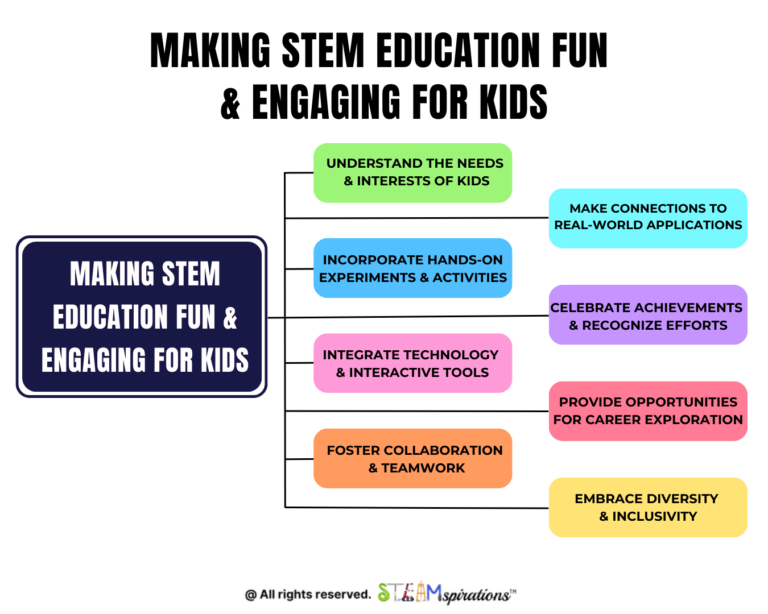Sitting at a desk in a classroom is a student whose world just collapsed. She recently received news that her mother was diagnosed with cancer, and to add to her many worries, she just got her grades on a final exam and did not pass. She needed to pass this test in order to keep an A. The F will possibly have a domino effect on scholarships, acceptance to other universities, and possibly future programs she was planning to apply for.
She spent hours studying to prepare herself. However, with the recent news that her mother was diagnosed with cancer, and the thought of what would happen to her younger brother and sister, consumed her emotionally, and kept her from staying focused. Her mother, single and hardworking, will no longer be able to put in the long hours she used to at work to help support her small family.
She glances around the room and sees the faces of all the other students in the class as they receive their grades. Their faces are glowing, they seem cheerful and excited. It looks like most of them passed and she begins to feel again like such a failure. Her teacher asks her to stay after class because she wants to talk to her. She patiently waits as the last student makes his exit out the door and she is left alone with her.
This is her first failing grade in Mrs. Chavez’s class and not knowing what to expect from her teacher, as Mrs. Chavez makes her way towards her, she lowers her head in shame and acceptance of her defeat. Holding back tears, she says, “I am so sorry, I know I could have done much better.”
Her teacher looks at her and smiles, and responds, “You are not there yet, and these grades don’t go into the gradebook.” “However, I did notice that you were one of the last ones to turn in your test, and I couldn’t help but admire how hard you were trying and as I was going over your work, I saw that you had the entire process right, you just made a few mistakes”. “Here let me quickly show you the small mistakes you made, and let you go back and redo the test”.
I wrote this article to talk about 5 ways that teachers can foster a growth mindset in the classroom just like Mrs. Chavez. I believe that fostering a growth mindset is vital to the success of students in the 21st century.
1. Celebrate
Effective teachers celebrate the challenge and struggle that comes along with learning. Although they recognize intelligence, they create an environment in the classrooms where students are excited about challenges. The greater the difficulty, the more excitement it creates in them, because they know that struggle means learning, and it is good and should be celebrated.
2. Diversity
Teachers that foster a growth mindset allow students to express their thinking in multiple ways. What is most important is not the right answer, but the process that students undergo to get to the answer. They encourage diverse ways of thinking, and are on the lookout to learn from their students new ways that they can solve problems or approach a question.
3. Rigor
Part of fostering a growth mindset is rigor. Teachers that make assignments rigorous, challenge students to think and go beyond what they know they are capable of. Since an environment has been created where diversity is celebrated, students are comfortable with approaching a challenge or new way of thinking in their own creative way.
4. Environment
Celebrating challenges, diversity, and rigor creates an environment where students feel comfortable with failure. They understand very well that failure means learning, and once the punitive aspect is removed from receiving a failing grade, and diversity is encouraged, they are no longer afraid to get the wrong answer. This shifts their importance to the process rather than finding the correct answer.
5. Praise
Praising creativity, process, thinking, and diversity is the teacher’s greatest weapon to counter apathy and to motivate students. When a teacher praises thinking instead of correct answers, he or she teaches students that the most important part of learning is the process. Furthermore, it teaches students that they are capable of learning anything, and failure means that they are simply “not there yet.”

